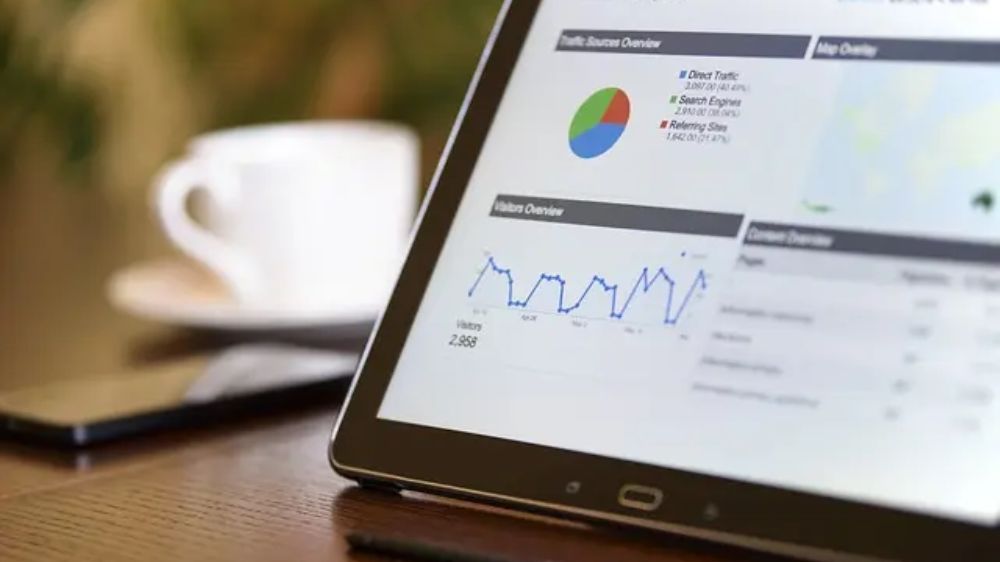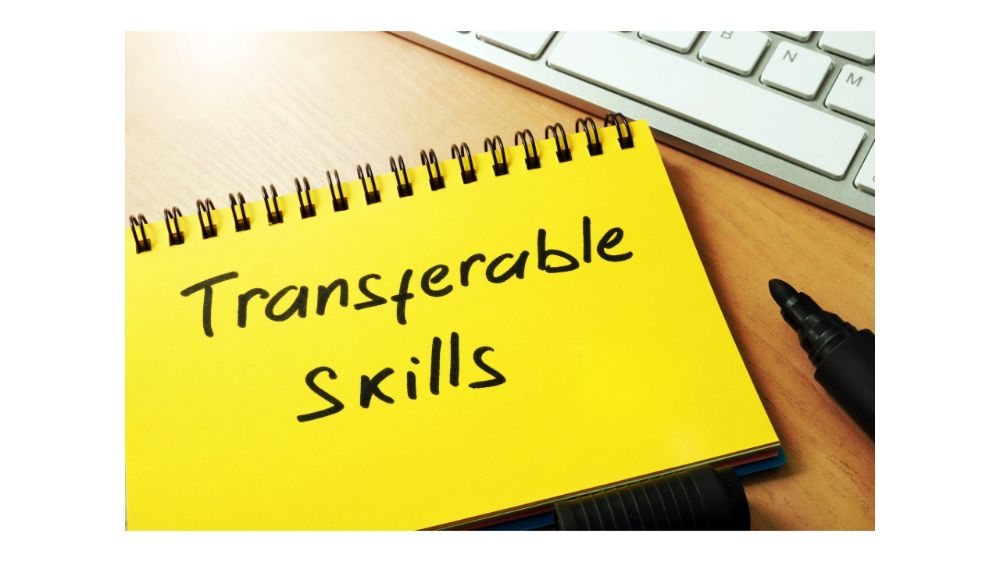Preparing for Job Interviews by Collecting and Documenting Your Success Stories in Advance

The week before a job interview is not the time to prepare. Long before the interview, you should start collecting and documenting the type of information about your performance, relationships, and achievements that will make you sound great during the interview.
Preparing for a job interview involves more than just researching the company and practicing common interview questions. To truly stand out as a candidate, it's essential to have a collection of compelling success stories and achievements ready to share. By proactively collecting and documenting information about your performance, relationships, and achievements, you can confidently showcase your qualifications during the interview. In this article, we will explore strategies to effectively collect and document information that will make you sound great in your job interview.
Reflect on Your Experiences now:
Start by reflecting on your past experiences, including academic projects, internships, volunteer work, and professional roles. Consider your achievements, challenges overcome, and valuable lessons learned. Take the time to recall specific instances where you excelled, received recognition, or made a significant impact.
Identify Key Performance Indicators (KPIs):
For each experience, identify the key performance indicators or metrics that are relevant to the position you're interviewing for. This could include sales numbers, project completion rates, customer satisfaction scores, cost savings achieved, or any other quantifiable measures of success. These KPIs will help you articulate the tangible results of your work.
Document Achievements and Impact:
Create a document or spreadsheet to record your achievements, impact, and positive outcomes from your past experiences. Include details such as the project or task, the challenges you faced, the actions you took, and the results achieved. Be specific and quantify whenever possible. This document will serve as a reference to jog your memory during the interview.
Gather Feedback and Testimonials:
Reach out to former colleagues, supervisors, professors, or mentors who can provide feedback on your performance. Ask for specific examples of when you demonstrated exceptional skills, went above and beyond, or achieved noteworthy results. These testimonials and feedback will validate your achievements and provide additional credibility during the interview.
Update Your Resume and LinkedIn Profile:
Utilize the information you've gathered to update your resume and LinkedIn profile. Incorporate your documented achievements, results, and impact into your bullet points and summary statements. Make sure your profile accurately represents your capabilities and accomplishments. This step will not only help you during the interview but also attract potential employers in advance.
Practice Telling Your Stories:
Take the time to practice telling your success stories in a concise and engaging manner. Craft a narrative around each achievement, emphasizing the challenge, your actions, and the outcomes. Practice articulating your stories with confidence, focusing on highlighting the skills and qualities that are relevant to the job you're interviewing for.
Align Stories with Job Requirements:
Review the job description and identify the key skills, qualifications, and attributes sought by the employer. Tailor your success stories to align with these requirements. Emphasize how your past experiences demonstrate your suitability for the position and showcase your ability to contribute to the company's goals and objectives.
Be Selective and Relevant:
During the interview, be selective in the stories you choose to share. Focus on the most impactful and relevant examples that highlight your strengths and make you a strong fit for the role. Adapt your stories to answer specific interview questions and provide concrete evidence of your capabilities.
Preparing for a job interview goes beyond last-minute research and practice. By proactively collecting and documenting information about your achievements, impact, and performance, you can present a strong and compelling case for your qualifications. Reflect on your experiences, gather feedback, update your resume and profile, and practice telling your success stories. Be selective, relevant, and adaptable during the interview.
Shop our store here.

